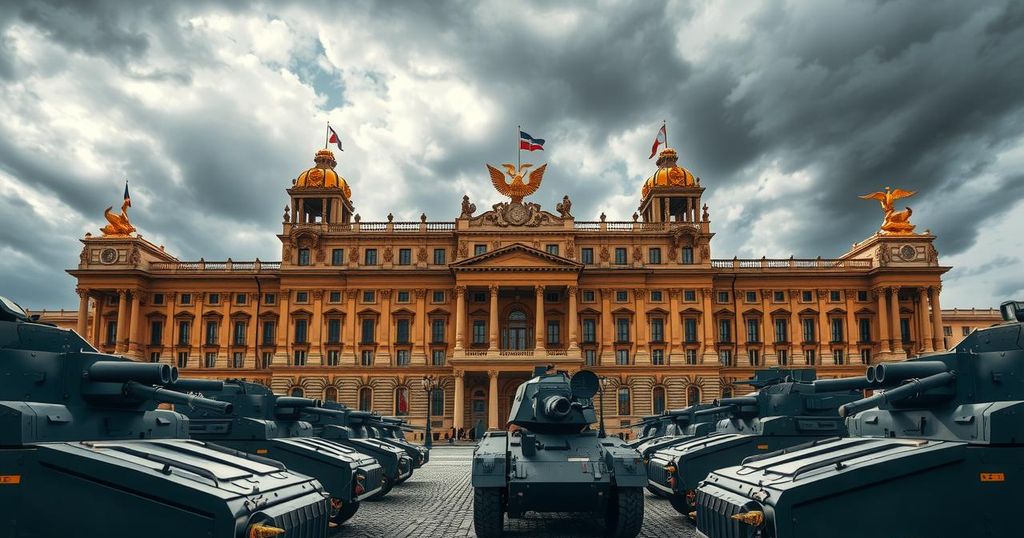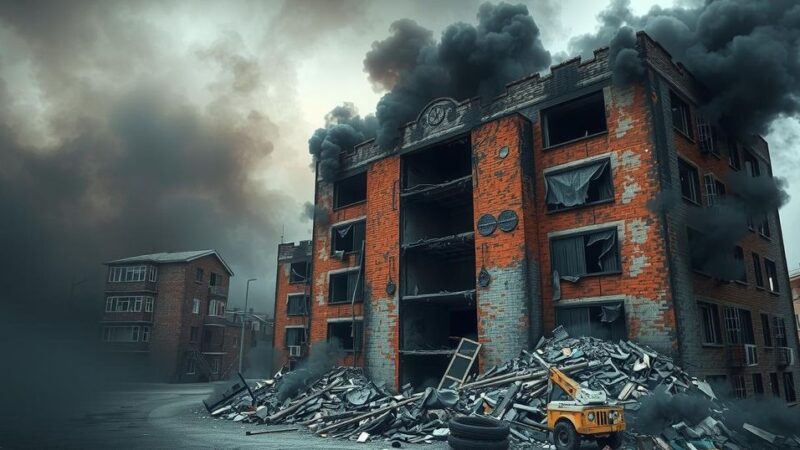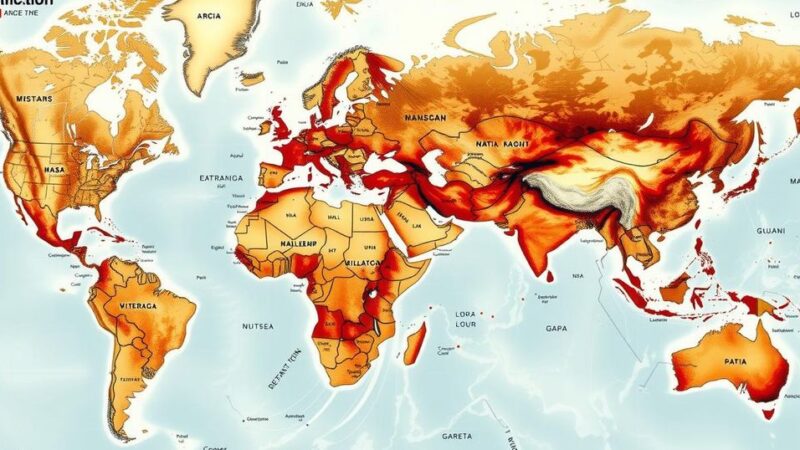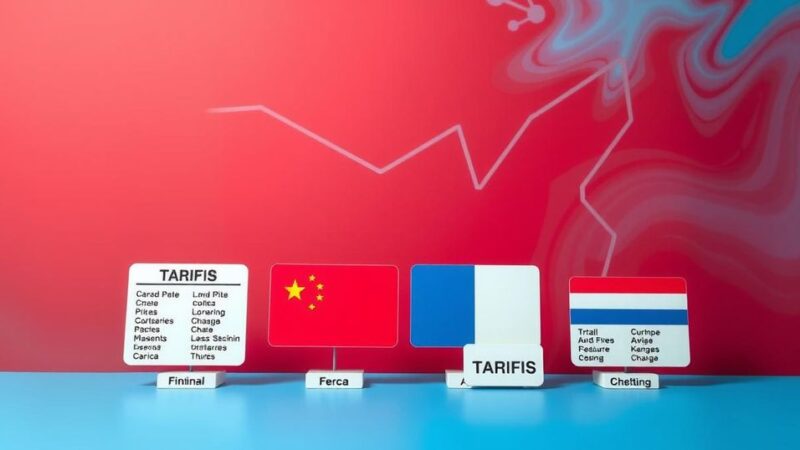Sudan’s army regained the presidential palace in Khartoum, marking a critical victory against the RSF and celebrating a significant symbolic achievement. Despite this, the RSF retains control of parts of Southern Khartoum and supports a parallel governance structure, raising concerns about Sudan’s potential partition. The ongoing violence exacerbates the country’s humanitarian crisis, where millions face severe challenges, amid an escalating conflict.
On Friday, Sudan’s army successfully recaptured the presidential palace in Khartoum, marking a significant victory over the Rapid Support Forces (RSF). This victory has sparked celebrations across the nation, being described as the most symbolic achievement for the army since its counteroffensive against the RSF began in September 2022.
While the RSF maintains control of certain areas in southern Khartoum, it has largely lost its grip on the capital since the civil war erupted in April 2023. This development follows a video release from RSF leader, Mohamed Hamdan “Hemedti” Dagalo, urging his troops to hold onto the palace. Civilians seem to support the army, often viewing them as liberators, despite reports of human rights abuses committed by army-affiliated militias.
Reports from the Office of the United Nations High Commissioner for Human Rights (OHCHR) document the RSF’s atrocities, including the detention of over 10,000 people in Khartoum alone. A local resident expressed that RSF-controlled areas are rife with violence: “In areas the RSF controls, they kill people, rape women and destroy all humanity. Whenever the army arrives, people become happy because they feel safer.”
The army’s acquisition of the presidential palace raises concerns regarding Sudan’s potential partition, as analysts observe that the RSF supports an alternative governance structure in the Darfur region. This region, larger than France, remains mostly under RSF control, even with recent military gains such as the capture of the strategic city of al-Maliha in North Darfur. According to Sharath Srinivasan, a Sudan expert at Cambridge University, Sudan risks a divided governance scenario similar to Libya’s but emphasized the importance of el-Fasher for the RSF’s ambitions.
The army has expressed a steadfast refusal to engage in peace negotiations with the RSF, aiming instead for total control of Sudan. The RSF has exploited diplomatic efforts to enhance military strength simultaneously. Despite both factions pledging to continue their combat strategies, fears grow regarding an escalation in conflict, particularly in Kordofan and Darfur. The ongoing influx of sophisticated weaponry into the country exacerbates the volatility, illustrated by a recent drone strike that resulted in the deaths of three journalists in Khartoum shortly after the army’s victory announcement.
The conflict has evolved into one of the most severe humanitarian crises globally, with tens of thousands deceased, countless missing, and millions facing dire food insecurity. This turmoil exhibits a gradual worsening of the situation in Sudan, emphasizing the urgent need for effective resolutions.
The recapture of the presidential palace in Khartoum by Sudan’s army represents a substantial milestone in the ongoing conflict against the RSF. This development underscores the complexity of the situation as Sudan approaches a possible partition, and emphasizes the risks of continued fighting which could exacerbate the humanitarian crisis. Both parties remain committed to military action, posing significant challenges for the future of stability and peace in the region.
Original Source: www.aljazeera.com






